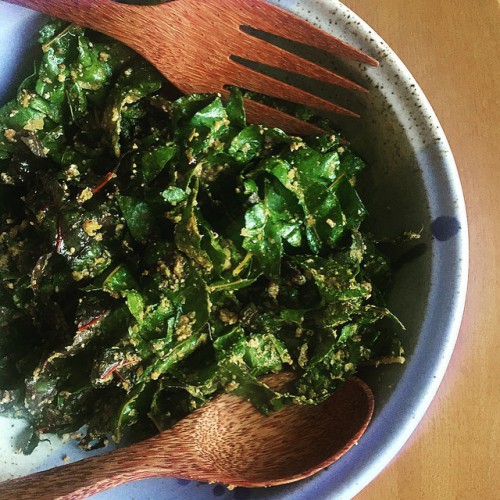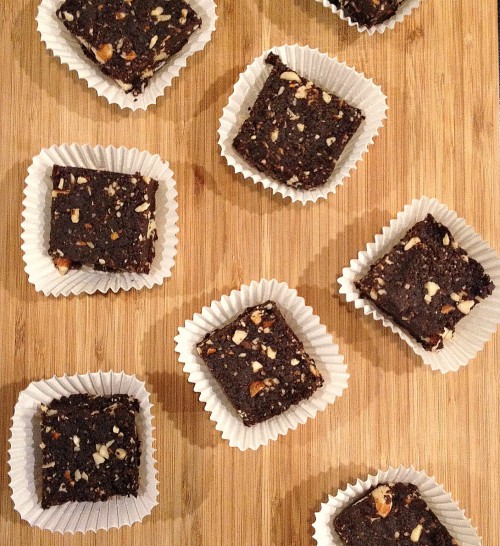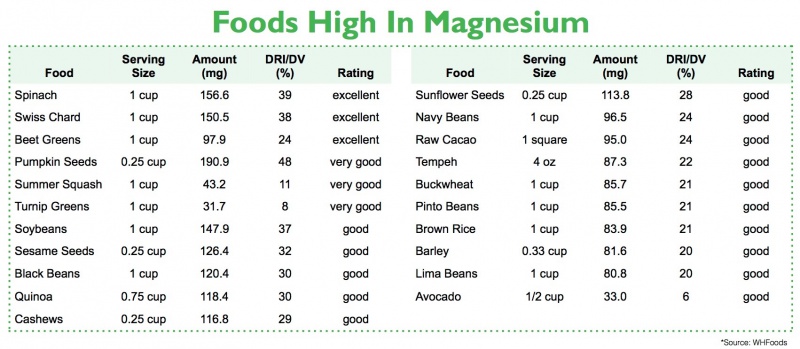Nothing feels better than a really intense bout of exercise and nothing feels worse than really sore muscles the next day. While some muscle soreness is simply due to intense exercise or a long cycle, a lot of it can be remedied with the wonder nutrient, magnesium.
It’s estimated that between 75-80% of the American population is deficient in magnesium.[1] Some common signs of magnesium deficiency include:
- Leg cramps
- Jumping legs
- Constipation
- Low energy
- Sleeping problems
- Headaches
- Heart arrhythmias
Why are we so deficient?
For starters, the ratio of calcium to magnesium is important. You can think of calcium as the nutrient that ‘contracts’, and magnesium as the nutrient that ‘relaxes’. You want to have these two in a balance of at least 2:1 calcium to magnesium, but more recently, health experts would argue even 1:1. Given the high levels of osteoporosis, many people supplement with calcium without magnesium, therefore throwing out the balance.
Furthermore, the soil that we’re growing our food in is nowhere near as rich in magnesium as it used to be. Combine that with the fact that many diets are lacking magnesium in general and various drinks & medications can also deplete magnesium, and it’s no wonder we have a problem:
Magnesium Depleting Drinks & Medications:
- Pop / soda
- Caffeinated beverages
- Alcohol
- Prescription drugs
What can you do?
First things first, make sure you’re getting enough magnesium from your food. Here are some of the best food sources of magnesium:
- Leafy greens
- Raw cacao powder (the less processed form of cocoa powder)
- Pumpkin seeds
- Almonds
- Sesame seeds
- Quinoa
- Cashews
Here are three magnesium rich recipes:



Post cycling, throwing some leafy greens like spinach and a tablespoon of almond butter in a shake is a great idea!
Best supplement sources of magnesium:
I often recommend to my clients that they also supplement with magnesium. There are two primary kinds of magnesium: citrate and glycinate. Citrate has a mild laxative effect, which can be good if you also struggle with constipation; while glycinate does not. If you have no issues digestively, the glycinate form would be best.
Dosage varies between 135mg – 1200mg daily, and should be taken post workout and/or before bed.
Interested in eating better? Grab a free one week meal plan, full of magnesium rich recipes. Click here to get your free one week meal plan.
Sources:
[1] http://www.cnn.com/2014/12/31/health/magnesium-deficiency-health/index.html
Mandy King is a Holistic Nutritionist, and the founder of HEAL (Healthy Eating And Living). She works with health conscious people who want to stop feeling tired, fix their digestion and lose the weight, once and for all. She is a regular on CTV Morning Live, contributes to The Globe & Mail, CBC and The Huffington Post, and leads corporate workshops for major companies including Google, Facebook & PwC.

